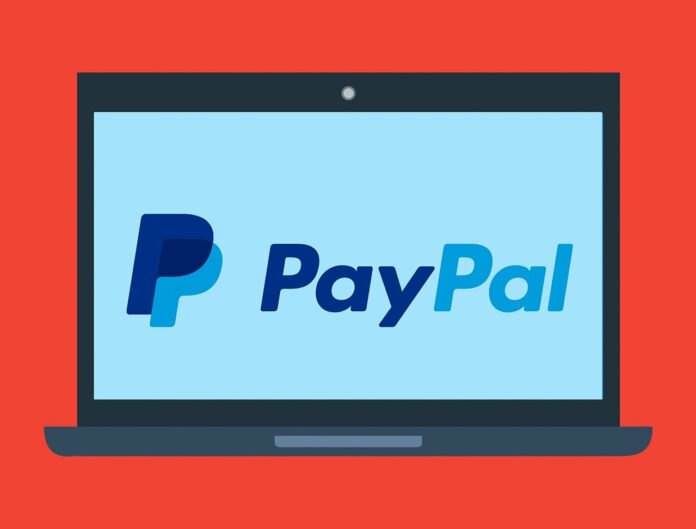In the crypto world, collaborations and partnerships are often the catalysts for innovation, so when we refer to FTX and Solana’s opportunity to collaborate with Paypal’s stablecoin, we are talking about a missed chance.
Unforeseen circumstances brought these plans to a sudden halt, leading to a significant change in strategy.
Summary
The original collaboration plan of the Paypal, Solana and FTX collaboration
PayPal, the globally recognized online payment platform, set out to launch its own stablecoin, PYUSD. To achieve this goal, PayPal entered into a collaboration with FTX, the failed exchange, and intended to leverage the Solana blockchain for its technological advantages.
The Solana blockchain, as we know, is renowned for its high throughput, scalability, and low transaction fees, making it an attractive choice for issuing PYUSD.
The enthusiasm surrounding the collaboration between PayPal and FTX suffered a severe blow when FTX suffered a major collapse, abruptly halting the progress of the PYUSD issuance project. The collapse introduced a wave of uncertainty and prompted both PayPal and FTX to reevaluate their strategies.
In addition to the collapse, regulatory challenges emerged as a major obstacle. The classification of major public blockchain tokens as securities by the US Securities and Exchange Commission (SEC) made the expansion of PYUSD to other Level 1 (L1) blockchains complex.
This regulatory uncertainty has cast a shadow over the potential of the Solana blockchain as a basis for the issuance of PYUSD.
A change in strategy: PayPal and the Paxos trust company
Given the challenges presented by the FTX incident and regulatory concerns, PayPal made a strategic decision to abandon its collaboration with the Solana blockchain. Instead, PayPal chose to partner with the Paxos Trust Company to issue the stablecoin PYUSD.
This move represents a departure from the original collaboration plan and reflects PayPal’s adaptability and commitment to entering the stablecoin market.
The PYUSD stablecoin, issued by Paxos Trust Company, aims to facilitate seamless transfers within the PayPal platform and compatible external wallets.
Eligible US customers can use this digital asset for purchases and even exchange it for other major cryptocurrencies such as Bitcoin, Ethereum and Litecoin.
Lessons learned and future implications
The unexpected delay in the PayPal-FTX collaboration highlights the volatility and uncertainty inherent in the cryptocurrency landscape.
The FTX incident served as a reminder that technical problems and market disruptions can have far-reaching consequences, even for high-profile partnerships.
In addition, regulatory challenges underscore the importance of legal clarity in the cryptocurrency industry.
The SEC’s classification of major public chain tokens as securities adds complexity to blockchain projects, potentially undermining their expansion and partnerships.
The collaboration between PayPal and FTX to issue the stablecoin PYUSD on the Solana blockchain started promisingly, but has encountered significant obstacles.
The FTX crash and regulatory challenges led to a change in strategy, with PayPal now partnering with the Paxos Trust Company to issue PYUSD.
As the market continues to evolve, adaptability and resilience will be key for companies that want to make their mark.
The story of Solana’s missed opportunity with PayPal’s PYUSD stablecoin is a valuable lesson in the dynamic and unpredictable nature of the cryptocurrency landscape.
Only time will tell how this change in strategy will affect the adoption and growth trajectory of PYUSD in the ever-evolving world of digital assets.




